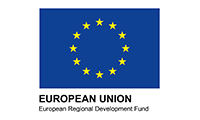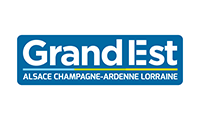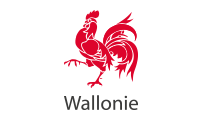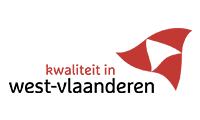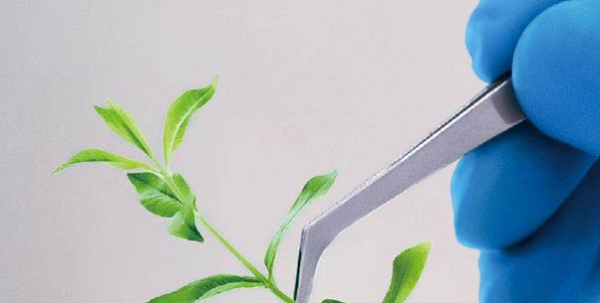
With the ValBran Consortium participation.
Background
Surfactants are used on a daily basis and the quantities consumed increase with the rise of the population and human activity. Detergents, particularly with hygiene products (detergents, shampoos, toothpastes…) and industrial products (degreasing, oil extraction, agriculture, etc.) are the two largest users of surfactants.
More than 15 million tons are used each year and environmental problems are a real societal issue because they are found in our wastewater treatment plants, rivers and oceans.
Extensive water treatment is therefore required to collect wastewater, treat it, and send it back clean into the wild or give it a second life.
The environmental issues due to surfactants (lower potency of biodegradability, eutrophication, toxicity, allergies) have led to increased research and development of novel bio-based surfactants.
These bio-based surfactants have to respond to the need of using renewable bio-based raw materials that are less toxic, less irritating, biodegradable but still with sufficient performance and a cost level compatible with existing markets.
Key topics to be presented and discussed:
- Inputs and findings from academic research
- Raw materials: Supply chain, Industrial manufacturing
- Product traceability and Quality control of raw materials
- Innovations, Process Economics of industrial bio-surfactants
- Markets, Applications and Regulatory background (cosmetic and chemistry)
- Life cycle analysis with Waste and environmental issues
Conference target audience: academics, industrial experts from different sectors including those responsible for formulation, regulation and toxicology.
Goal: to build synergies between the different players through discussions with experts, promote interfaces, and in the end respond to the obstacles to the development of this sector and its future applications.
Program
Thursday July 4th , 2019
- 10:45-1:25 Session 1 – Inputs and finding from academic research
With the ValBran project’s presentation by Winnie DEJONGHE (VITO) and Caroline RÉMOND (URCA): Greener and intensified enzymatic approaches for biosurfactants production
- 3:00-4:50 Session 2 – Raw materials: supply chain, industrial manufacturing
- 5:10-6:40 Session 3 – Product tracing and quality control of raw materials
Friday July 5, 2019
- 9:00-10:50 Session 4 – Innovations, Process Economics of industrial bio-surfactants
- 11:10-3:00 Session 5 – Markets, applications and regulatory background (cosmetics, chemistry and agro-chemistry)
- 3:00-5:20 Session 6 – Waste and environmental issues : ACV
- 4:50 Synthesis and General Conclusions

